5 Black Female Tennis Players the Media Tried to Tear Down
Share
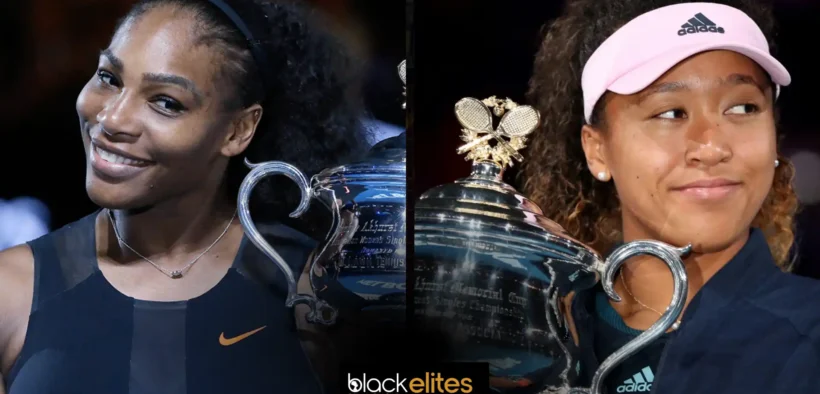
Black women in tennis have faced more than just fierce opponents across the net. For decades, they’ve endured a different kind of challenge, the weight of media bias, public scrutiny, and racial double standards.
From being mocked for their emotions to being blamed for tragedies, these athletes have had their victories minimized and their struggles magnified. Yet time and time again, they’ve risen, proving that no headline can define their legacy.
Here are five Black female tennis players the media tried to tear down but couldn’t break.
1. Serena Williams
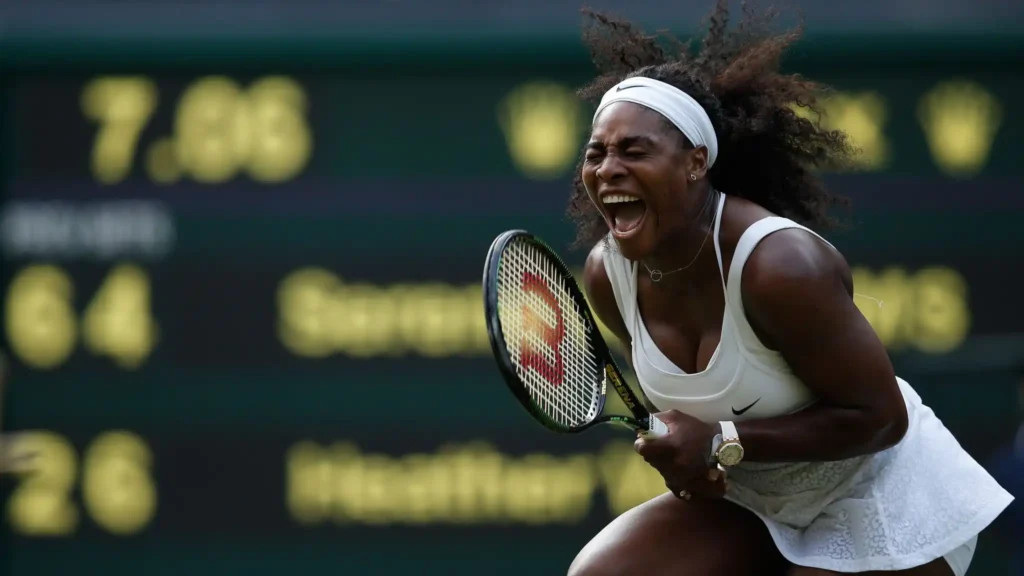
Serena’s dominance on the court is unmatched, but the media often made her pay a heavy price for it.
She was criticized for everything from her body to her fashion to her emotions. While her male counterparts smashed rackets and shouted at umpires without consequence, Serena was penalized and called “angry” or “out of control.”
The 2018 U.S. Open final against Naomi Osaka became a media storm, especially after a racially charged cartoon depicted her in an offensive, exaggerated way.
Despite 23 Grand Slam titles, Olympic golds, and global influence, she was never allowed to be “just an athlete.” The world expected her to play, win, smile, and stay silent. She refused. And in doing so, became a cultural icon whose power could never be tamed.
2. Naomi Osaka
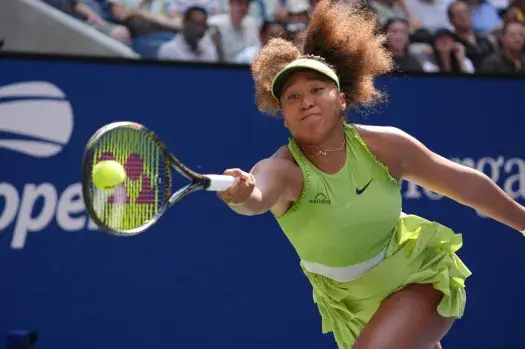
Naomi Osaka broke barriers as a shy, biracial champion, and then broke the silence around mental health in sports.
When she pulled out of press conferences during the 2021 French Open, citing anxiety and depression, many media outlets labeled her a diva or a quitter. She was fined and heavily criticized, not just for skipping interviews, but for setting boundaries, something rarely afforded to Black women in public life.
In 2025, after returning from maternity leave, she faced another wave of scrutiny after losing at Wimbledon. She battled severe hand blisters that affected her grip, and emotionally admitted, “I’m just gonna be a negative human being today… I have nothing positive to say about myself.” Instead of empathy, some headlines pounced.
But Osaka keeps showing up, not to please the world, but to prioritize her health and her future.
3. Venus Williams

Before Serena, there was Venus, a pioneer who challenged the system and redefined the image of a Black tennis star.
Venus burst into the tennis world with elegance and strength, but she was often overshadowed by her sister and underappreciated by the press. She led the fight for equal prize money at Wimbledon, facing resistance and disrespect. She won that fight.
In 2017, she was involved in a car crash that tragically led to a fatality. The media rushed to blame her before all the facts were in. Even after being cleared of wrongdoing, the damage to her reputation lingered.
Venus never sought controversy. She just played the game better than most and stood tall while others tried to bring her down.
4. Coco Gauff
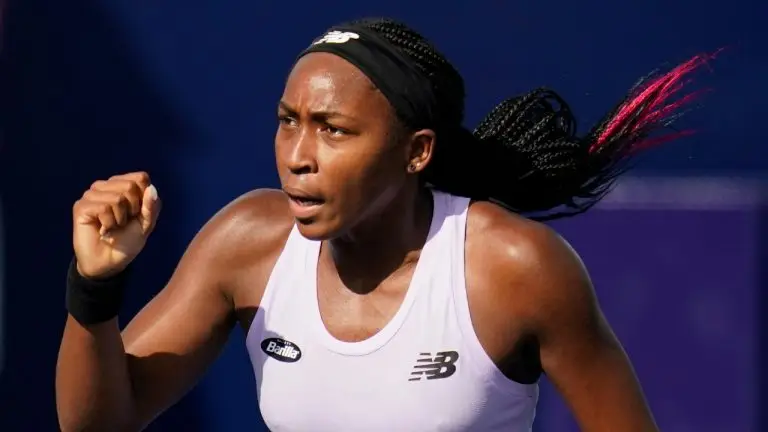
Coco Gauff became a household name as a teen phenom, but the media quickly turned on her when she didn’t win every match.
After her breakout at Wimbledon in 2019, she was hailed as the future of tennis. But when she faced losses, the same media that hyped her up began to suggest she was “overrated” or had peaked too early, despite being just 18 or 19 at the time.
Coco has handled this pressure with grace beyond her years, even using her platform to speak boldly on social justice issues like Black Lives Matter. Yet some outlets either ignore her activism or selectively celebrate it, depending on the narrative.
Through it all, Coco continues to rise on her own terms.
5. Zina Garrison
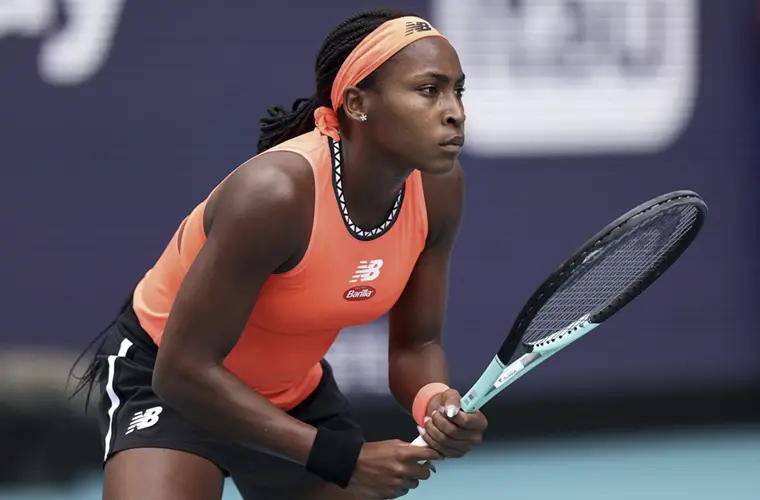
Zina Garrison made history long before most of the world was paying attention, and that’s part of the problem.
She reached the Wimbledon final in 1990, defeating legends like Chris Evert and Monica Seles along the way. But instead of endorsement deals and cover stories, she was met with silence. Her success was treated as an anomaly, not as a breakthrough moment for Black women in tennis.
Garrison has spoken about the isolation and lack of support she experienced throughout her career. Despite blazing a trail for those who came after her, her contributions are often left out of mainstream tennis history.
But the truth remains: without Zina, there would be no Venus. No Serena. No Coco. No Naomi.


















